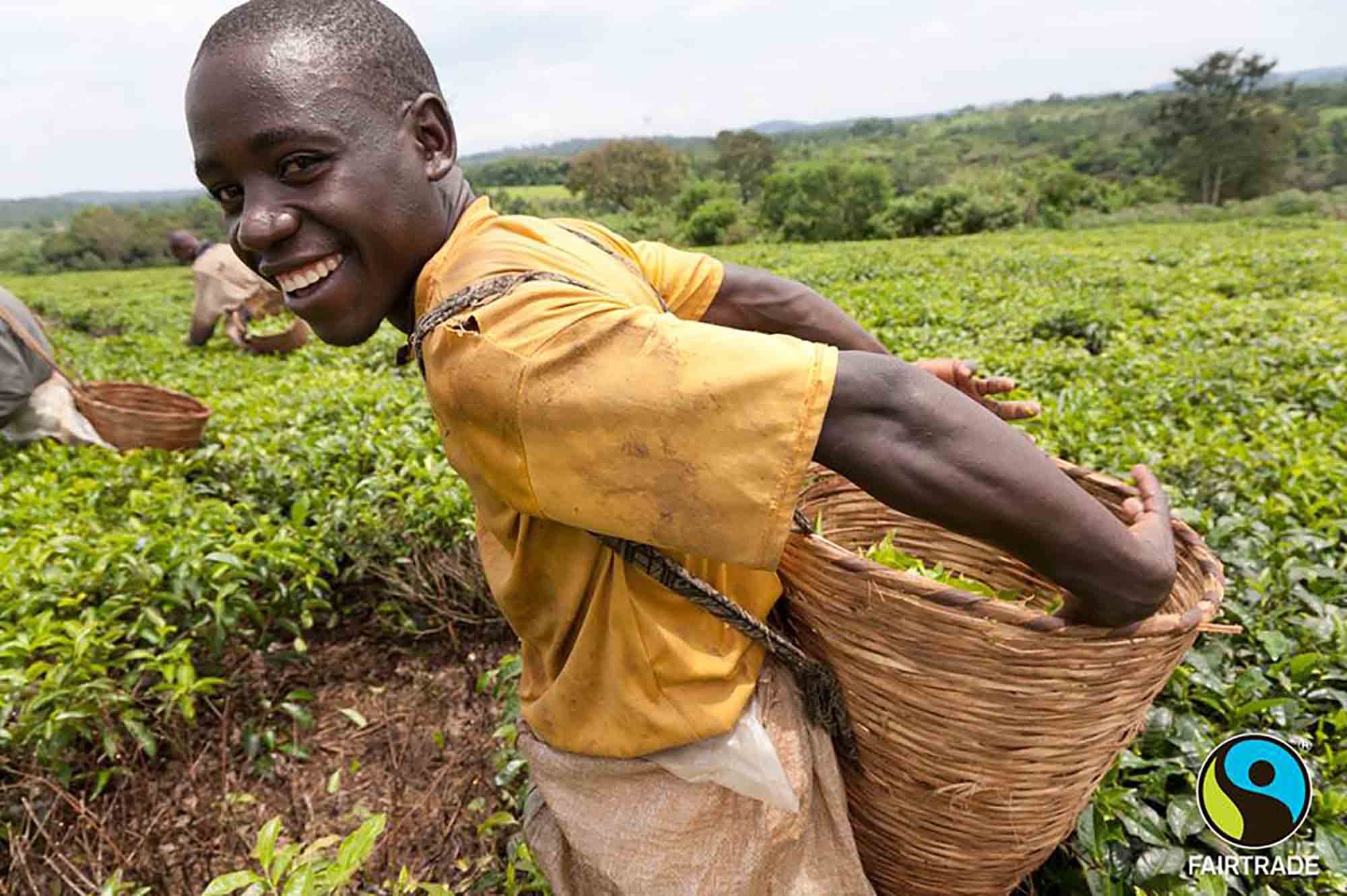Most people have probably heard about fair trade or have seen certifications on various products. Maybe you even grabbed a fair trade coffee on the way to work this morning. But what does the label mean? And why should we care?
First of all, there is fair trade and then there is Fairtrade. The term ‘fair trade’ refers to the general movement, which encompasses many different organisations with the shared aim of alleviating poverty and promoting sustainable development by ensuring a just and transparent supply chain. Fairtrade on the other hand, specifically refers to the certifying and labelling organisation Fairtrade International. For more information on the fair trade movement in Australia, you can visit the Fair Trade Association.
Fair trade describes a brand or an individual product that has been certified and labelled by an independent organisation because it meets certain standards. The general goals of these standards are to support producers from underdeveloped countries through trading, protection of workers’ rights, preservation of the environment, and the promotion of sustainability.
Supporting producers
Fair trade brings products from poorer regions into more developed economies. A minimum price is agreed on in advance to make sure that producers will be able to earn a living wage. This protects producers from market fluctuations that can cause prices to drop below production costs. This is a common problem in the conventional marketplace, and the struggle of shrimp farmers in Thailand and Mexico is just one example of how market fluctuations can impact producers.
Most fair trade groups also use and promote long-term contracts which are meant to provide stability for producers. Some associations like Fairtrade International also charge a premium on top of the minimum set price which is given back to the producers and invested in their communities, for example in healthcare or education.
Workers’ rights
Working conditions are audited by a certifying body to ensure that safety and health standards are being met. Child and slave labour are strictly banned. Workers under fair trade have a protected right to organise and unionise.
Protect the environment
The fair trade movement emphasises the importance of protecting the environment. Without fair trade agreements, foreign companies can and do invest in farming and production in developing countries with little regard for environmental sustainability. One long-term and high profile example of the damage that can be done is Chevron’s destruction of large swathes of the Amazon rainforest in the process of drilling for oil. Sometimes it is local industries that cause environmental damage out of desperation to cut costs and keep afloat in an increasingly competitive market. Because of this reality, fair trade initiatives have stressed the importance of enforcing sustainable practices. These practices include water conservation, restricting various chemicals, prohibiting genetically modified organisms, encouraging biodiversity, and ensuring waste is responsibly disposed of.

Why Fair Trade?
To understand why fair trade is important we need to examine some background on where this need came from. Why do we need special independent groups to get together and negotiate contracts between producers and traders? Why do we need auditing, certifications, and labelling?
Moving from “free” to “fair”
Aside from fair trade, we often hear talk of free trade. Unfortunately, free trade as promoted by governments today is often highly detrimental to workers around the world. Free trade agreements remove a country’s right to protect its workers through tariffs without necessarily providing any compensating benefits. Tariffs can be used on imported goods that are much cheaper than domestic prices. Cheap imports can drive down the price of a commodity within a given country and cause hardship and poverty among farmers and workers. Although the economics behind this can be complicated and depend on specific circumstances, all too often the impact has been to allow multinational corporations to cherry pick poor countries in order to reap the benefits of cheap labour. Fair trade is a response that aims to ensure farmers and workers are not forced into poverty as a result of the pressures of unfettered international trade.
The good news
The realities of the conventional marketplace are a real nightmare. But there is a real shift happening. Consumers are increasingly interested in where and how their goods are produced. There is a massive and exciting movement toward selling and buying ethically made products. And no, these systems and organisations are not perfect yet. Each has its flaws no doubt, but it is the demand for fair trade that is most crucial and most encouraging right now.
There is growing public concern over the ways our commodities are produced. As a consumer, you have the ability “to put your money where your mouth is” and buy products that actually reflect your values.
And fair trade is just one way to make that task a little easier.
















